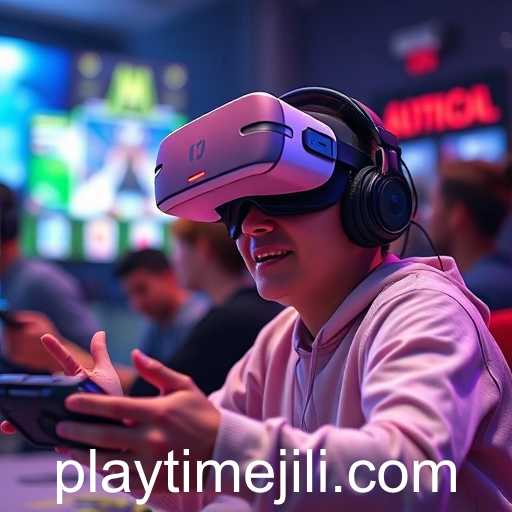Exploring the shift in online gaming and its impact on digital interaction.
In recent years, the landscape of online gaming has experienced a significant transformation. With the advent of advanced technology and innovative platforms, gaming is no longer restricted to mere playtime but has become a substantial cultural phenomenon. Pivotal to this shift is the rise of English game websites that integrate social interaction, competitive play, and virtual economies.
Among the most prominent changes is the incorporation of virtual reality (VR) and augmented reality (AR) technologies, which have redefined user engagement. Players are now immersed in hyper-realistic environments, blurring the lines between the digital and physical worlds. This evolution is largely supported by the increased accessibility of high-speed internet and improved hardware, allowing for a seamless gaming experience.
Furthermore, the convergence of gaming and social media has reshaped online communities. Platforms such as Twitch and Discord have established unique social ecosystems where gamers connect, share experiences, and collaborate in real-time. This dynamic has been pivotal in building strong fan bases and fostering a sense of belonging among players worldwide.
Economically, the shift towards 'game as a service' models has vitalized the industry. Game developers continue to innovate through regular updates and downloadable content, creating perpetual playtime possibilities that maintain user engagement beyond initial purchase. This model not only extends the lifespan of games but also provides a steady revenue stream for creators.
Moreover, the integration of AI in gaming has opened doors for unprecedented personalization. AI algorithms now tailor challenges to individual skill levels, ensuring that every gamer experiences a unique journey. This bespoke approach enhances player satisfaction and extends playtime, contributing to higher player retention rates.
In conclusion, online gaming has become a powerful digital enterprise, reinforcing its position as a major contributor to the entertainment industry. As technology continues to evolve, one can only anticipate further innovations that will redefine playtime and digital interaction in the years to come.




